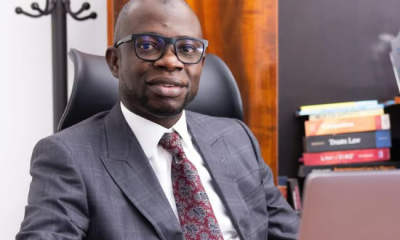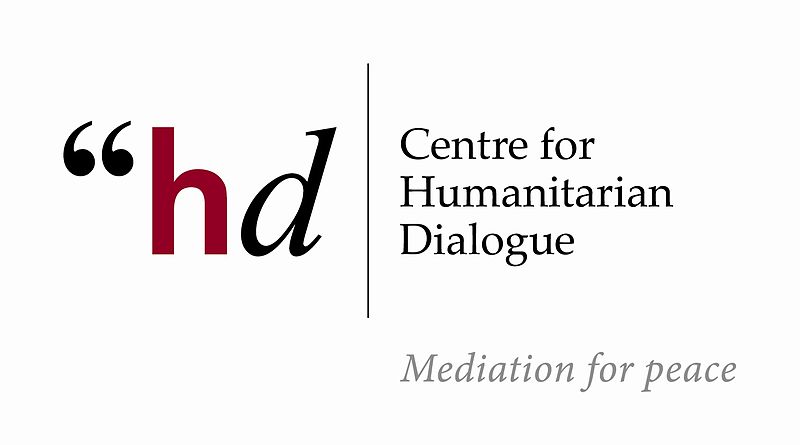By Kingsley Chukwuka
From the Jos Riots of September 2001 and to those of 2008 to 2010, Plateau State has suffered the devastating effects of violence and carnage, leading to the death of thousands of our citizens, and the unprecedented destruction of property and means of livelihood, these were the words of the Director Anglophone and Lusohone Africa, Centre For Humanitarian Dialogue (HD), Babatunde Afolabi.
Afolabi spoke Tuesday in Jos at a Roundtable Discussion On The Implementation Of Peace Agreements and Relevant White Papers in Plateau State, owing to the protracted crisis that engulfed the State since 2001.
The two-day workshop, 26th and 27th October 2021, beginning from today, hosted all relevant stakeholders in Plateau and the end result will be to come up with a workable agreement for peace to be presented to the State Government for implementation.
In partnership with the Plateau Peace Building Agency (PPBA), the formulated white papers will be an input of all Plateau peace ambassadors, including the Director General, PPBA, Joseph Lengmang, who will lock themselves up for the two days until a solution for peace is fashioned out.
However, speaking at the opening remarks, Afolabi said: “Looking back at the trajectory of conflicts and disturbances experienced in Plateau State and in Nigeria’s Middle Belt, HD have come a long way in the efforts to make, sustain and keep the peace, even as we are not quite at the promised land”.
He said the HD cannot afford to watch a State that has been a model for diversity, clement weather and hospitality, became the site of strife and the manifestation of the worst tendencies in men and women.
“Those dark days are thankfully no more, despite the recent incidents that have threatened the fabric of peace in our communities across the region.
“The insecurity and unprecedented threats to peace and stability that we are experiencing in Nigeria today are not exclusive to our shores alone. For those of us privileged to undertake peace work in other parts of Africa, such as in Ethiopia, Mali, Cameroon, Chad, Mozambique, Sudan, South Sudan, Somalia and elsewhere, you are likely to conclude that happenings in Nigeria are not uncommon across the continental landscape.
“What I would like to inform you of is the fact that we at the Centre for Humanitarian Dialogue have drawn lessons and adopted best practices in peace work from Plateau State to some of the countries that I have just mentioned”, Afolabi said in parts.
Also in his remarks, the DG PPBA Lengmang, said the workshop will work to overcome the problem of agreement implementation.
Lengmang said if stakeholders are sincere, government will have no issues implementing recommendations that will lead to lasting peace.
“If we put our heads together, we can achieve beyond the boundaries of peace”, Lengmang said.
Also at the event, the Deputy Speaker, Federal House of Representatives, Ahmed Idris Waje, who was represented by his aid, John Daffan, said peace is the ultimate for any society to thrive.
According to Waje: “At the end of this gathering, far reaching decisions will be implemented”, he said.
Declaring the workshop open, the Governor of Plateau State, Simon Lalong said his government is committed in delivering peace and security, adding that as a responsible government, the State cannot afford to be indifferent.
Represented by the Deputy Governor, Prof. Sonni Gwanle Tyoden, Lalong said his administration is determined to finding lasting solution to peace.
According to the Governor: “Since assumption of office, we have shifted our focus from the reactionary pattern of response to violent conflict to being proactive: our primary goal is to prevent conflict from degenerating and escalating”, Lalong said.

 Featured1 week ago
Featured1 week ago
 Crime23 hours ago
Crime23 hours ago
 Crime1 week ago
Crime1 week ago
 Featured1 week ago
Featured1 week ago
 Editorial5 days ago
Editorial5 days ago
 Business7 days ago
Business7 days ago
 Agribusiness3 days ago
Agribusiness3 days ago
 Business4 days ago
Business4 days ago

